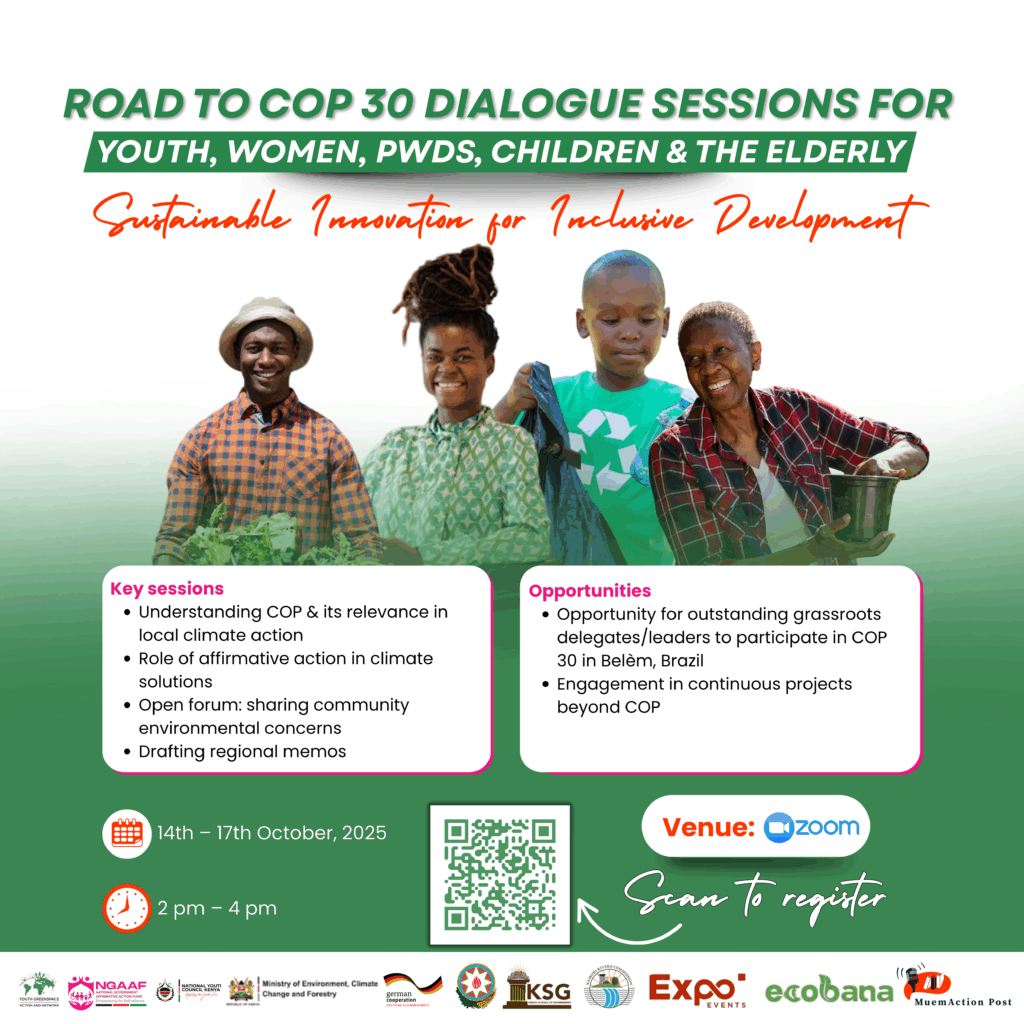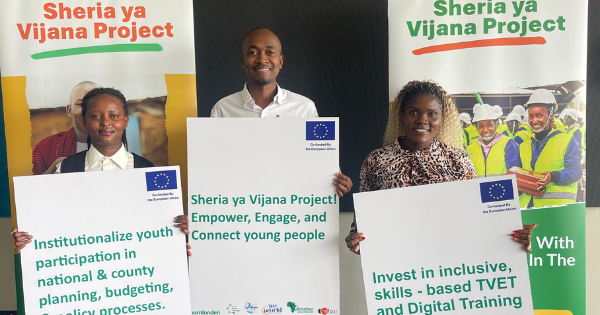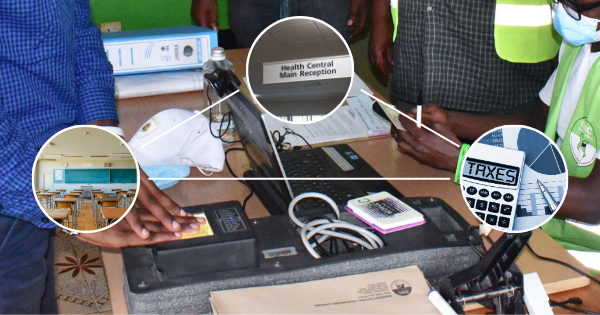What is COP?
COP means the Conference of the Parties. It is a yearly global meeting where countries come together to discuss how to deal with climate change. These meetings are held under the United Nations Framework Convention on Climate Change (UNFCCC). Governments, organizations, and community representatives meet to agree on how to reduce pollution, protect the environment, and support countries affected by climate change.
The next meeting, called COP30, will take place in Belém, Brazil, from 10th to 21st November 2025. Leaders, scientists, activists, and young people from all over the world will attend to share progress and make new commitments to protect the planet.
What Happens at COP?
During COP, world leaders and experts sit together to make decisions that guide climate action. Countries share what they are doing to reduce greenhouse gas emissions and to adapt to droughts, floods, and other effects of climate change. They also discuss how to raise money for projects that help people and communities cope with climate challenges.
Apart from these official meetings, there are many side events where young people, environmental groups, businesses, and community organizations showcase their work. It is also a space for countries to learn from one another. Some people from your area who are active in tree planting, water conservation, or other environmental work may attend COP30 to represent local experiences.

How COP Decisions Affect Local Action
Even though COP is a global event, the decisions made there directly affect us at home, in our villages, and in our towns.
At home, policies inspired by COP decisions can encourage clean energy use, such as solar power or energy-saving stoves. These actions reduce smoke in homes, lower electricity bills, and help families save money while protecting nature.
In rural areas, farmers benefit from programs that promote drought-resistant crops, tree planting, and soil conservation. These are part of national plans that were developed after previous COP agreements. For example, in Kenya, the promotion of climate-smart agriculture and drought-tolerant crops like sorghum and millet comes from such commitments.
In towns and urban areas, local governments receive support to improve waste management, drainage, and tree planting. When the national government commits to green urban planning at COP, the results appear in cleaner cities, better waste systems, and safer neighborhoods.

Examples of COP Decisions Already Taking Effect
Many programs in Kenya today are linked to commitments made at past COP meetings. One example is the Financing Locally Led Climate Action (FLOCA) program, which gives funds directly to counties and communities to manage climate challenges. The National Climate Change Action Plan 2023–2027 also came from such commitments. It promotes reforestation, renewable energy, and better water management.
These are signs that what happens at COP does not stay in meeting rooms. The agreements made influence government policies, funding, and local projects that help protect the environment and improve lives.
Join the Road to COP Regional Dialogues
You are invited to take part in the Road to COP RegionalVirtual Dialogues. The sessions are being organized by Youth Greenspace Action and Network, National Government Affirmative Action Fund (NGAAF), National Youth Council Kenya, Ministry of Environment, Climate Change and Forestry, GIZ Kenya, Embassy of Azerbaijan in Kenya, Kenya School of Government, Nairobi Rivers Commission, Expo Events, Ecobana, and MuemAction Post.

Register here: https://forms.gle/bLkvv1dVHNdRazaM6
These dialogues aim to include voices from affirmative action groups such as women, youth, children, persons with disabilities, and the elderly. Participants will have a chance to share environmental concerns affecting their communities, such as water shortages, pollution, deforestation, or poor waste management.
Key government agencies and development partners will attend. The discussions and memos from these dialogues will help shape Kenya’s position and contribution at COP30 in Brazil.
Be Part of the Change
Register today, share widely, and come ready to speak about the issues affecting your area. Your ideas and experiences are valuable. Together, we can ensure that the voices from our homes, villages, and towns are heard on the global stage. And that the fight against climate change includes everyone.
Join our WhatsApp channel here for inspiring insights on social issues




